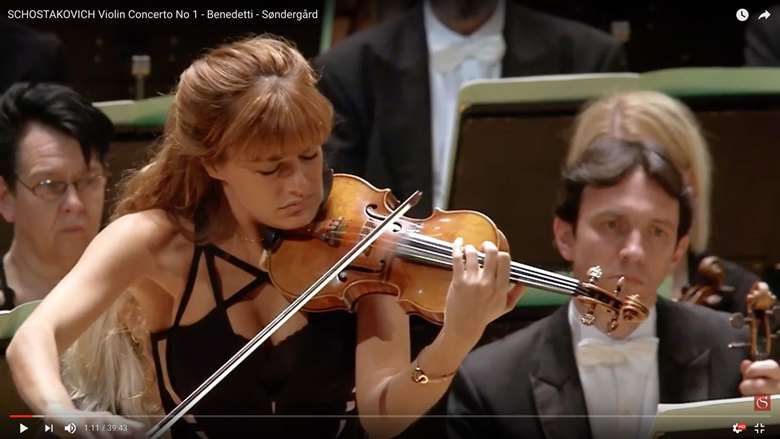Shostakovich Piano Concerto No 2, by Alexander Melnikov
Gramophone
Monday, September 5, 2016
It may seem straightforward, says the Russian pianist, but Shostakovich’s Second is anything but

Register now to continue reading
Thanks for exploring the Gramophone website. Sign up for a free account today to enjoy the following benefits:
- Free access to 3 subscriber-only articles per month
- Unlimited access to our news, podcasts and awards pages
- Free weekly email newsletter








